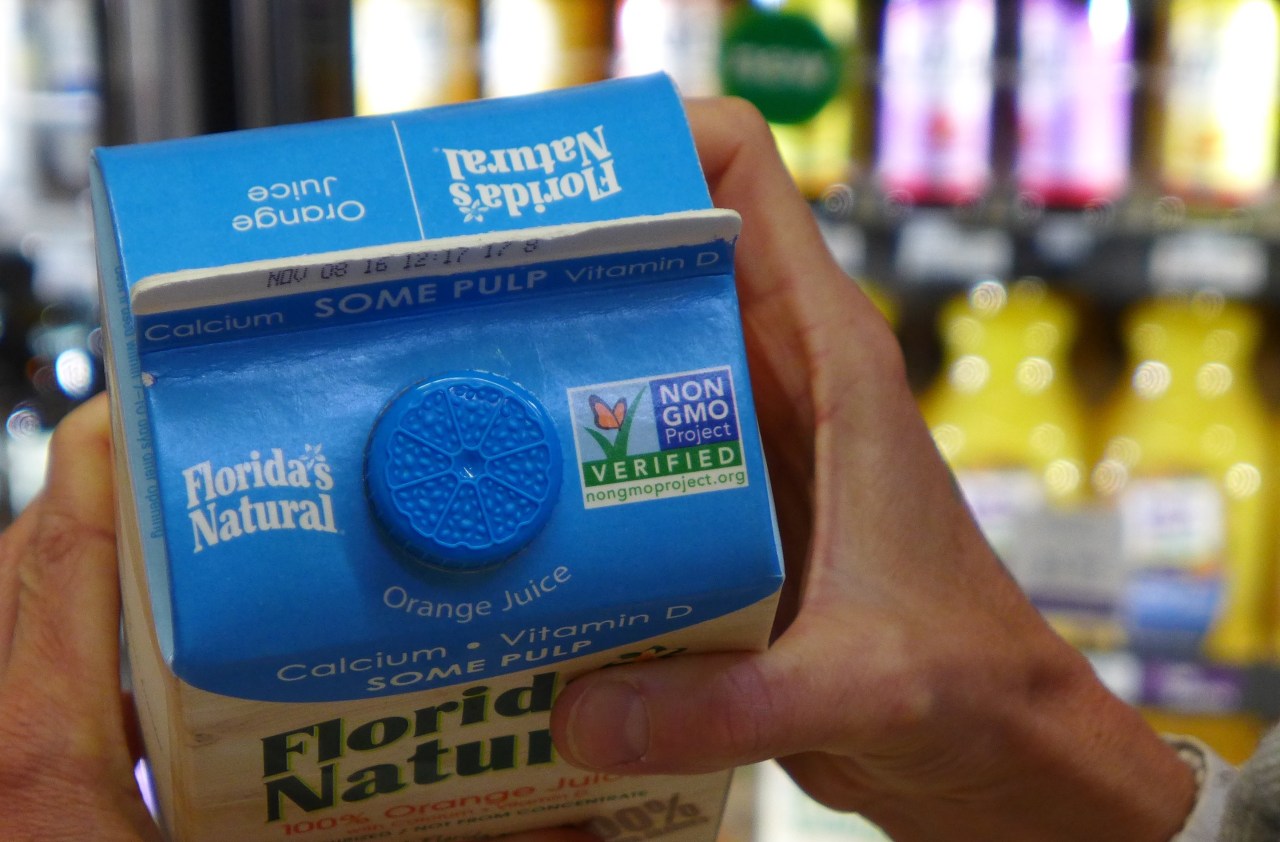Imagine wandering through the grocery store, and your eye catches a flashy label on a bottle of orange juice: "Does not contain CYANIDE." What would you think?
If you're like most people, your thought process might go something like this: "Whoa! Some orange juice contains cyanide? I didn't know that. I like my orange juice without cyanide, so I'll buy this brand."
The only problem with that perfectly reasonable line of thought is that orange juice doesn't contain cyanide. None of it does, no matter what brand you buy. But the entire point of the label was to make you think that other brands do contain cyanide, when in fact they do not. This is a form of deceptive advertising known as an "absence claim."
Not all absence claims are deceptive. If a product differentiates itself from other products by not containing a particular ingredient that other products typically do (e.g., a bakery item that doesn't contain gluten), then it's not deceptive. However, if other products do not usually contain that ingredient, then an absence claim is deceptive, and it was probably done intentionally.
 Though you won't find any cyanide labels on orange juice, you will find orange juice with "Non GMO Project Verified" labels. Like the cyanide example, this is a deceptive absence claim because there are no genetically modified oranges in the marketplace. GMO orange juice does not exist.
Though you won't find any cyanide labels on orange juice, you will find orange juice with "Non GMO Project Verified" labels. Like the cyanide example, this is a deceptive absence claim because there are no genetically modified oranges in the marketplace. GMO orange juice does not exist.
The FDA is supposed to regulate this sort of thing, but when it comes to GMO absence claims, the FDA has done absolutely nothing. That may be about to change.
FDA Could Put 'Non GMO Project' Out of Business
The "Non GMO Project" is one of the worst absence claim offenders. This non-profit, with revenues of nearly $1.8 million, slaps its label on just about anything, including salt and water. Anyone with even a modicum of scientific literacy should realize that is a clear-cut example of a deceptive absence claim. Salt and water cannot be genetically modified.
Finally, the FDA may be starting to crack down. In March of this year, the FDA released nonbinding regulations in regard to GMO absence claims. The document contains two statements that should be very concerning to the Non GMO Project. First:
"Another example of a statement in food labeling that may be false or misleading could be the statement 'None of the ingredients in this food is genetically engineered' on a food where some of the ingredients are incapable of being produced through genetic engineering (e.g., salt)."
As shown above, the Non GMO Project routinely violates this recommendation. Here's the second statement:
"Further, a statement may be false or misleading if, when considered in the context of the entire label or labeling... it suggests or implies that a food product or ingredient is safer, more nutritious, or otherwise has different attributes than other comparable foods because the food was not genetically engineered. For example, the labeling of a bag of specific type of frozen vegetables that states that they were 'not produced through modern biotechnology' could be misleading if, in addition to this statement, the labeling contains statements or vignettes that suggest or imply that, as a result of not being produced through modern biotechnology, such vegetables are safer, more nutritious, or have different attributes than other foods solely because the food was not produced using modern biotechnology.
Once again, it is likely that the Non GMO Project routinely violates this as well, considering that their label is placed on all varieties of organic products, many of which are marketed as healthier and more nutritious than conventional foods.
If the FDA decides to actually enforce these recommendations rather than making them "nonbinding," they could put the dishonest Non GMO Project out of business. That would be a win for both science and consumers.




